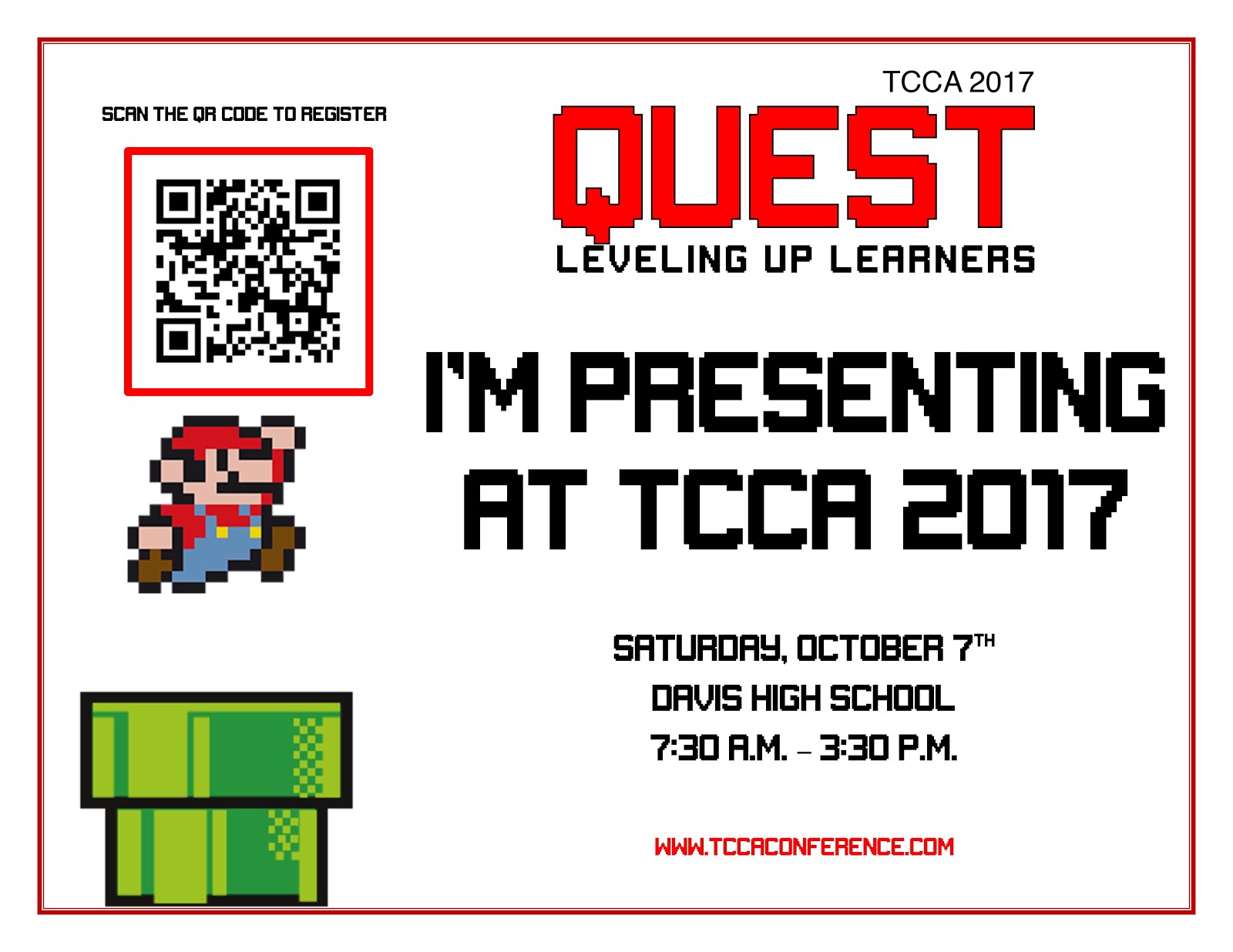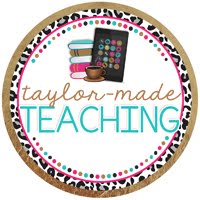Today, as our time at the
Central Texas Writing Project drew to a close, we chose to go see
Wonder Woman in San Marcos. I'm typically not a super-hero-movie kind of girl, but this group of teacher-writers has come to mean so much to me this summer, that I jumped at the opportunity to extend our time together.
Please keep in mind- I know ZERO about Wonder Woman. I think she was in comic books, I know I used to have Wonder Woman Underoos as a small child because I can remember the gold cardboard tiara and arm cuffs. I believe she fits in with a larger picture of super heroes because there was a preview of the Justice League before the movie started and I think she was in it. I don't really know, and it's frankly not relevant to my reflections, but I wanted to make it crystal clear that I am not an authority on Wonder Woman. I looked on Wikipedia for some background on her and my eyes glazed over by paragraph two of 1, 465, 373. It's fine.
Image credit
I kept wishing I could get out my phone and take notes about ideas and quotes that were special to me during the movie. The
Writing Project and #BookSnaps have me in such a journaling, annotating mindset that I feel sure I will have to see this movie 100 more times before I feel satisfied that I have expressed all the connections that are in my mind. So, what exactly, does Wonder Woman mean for educators?
1. Wonder Woman had a rag-tag team that had her back.
Diana and Steve assembled a crew that had unique qualities and varied skill-sets. Sameer, Charlie, and The Chief had special reasons that Steve asked them to join their crusade. This is how the best teachers operate. They find a tribe. They find other educators who will support, challenge, build-up, and do life together. The most effective teachers do not feel like they are in competition with their colleagues, but view these most important people as a community of learners. They joke with each other at lunch, they hold each other's babies, and they talk about standards, students, and finding a better way. They know they can count on each other, just as Wonder Woman knew that her supporters were there for her.
2. Wonder Woman had a small arsenal of highly-effective tools.
She did not need one thousand different weapons; she needed a few that she knew how to use well. She wielded a sword, a shield, powerful bracelets, a tiara, and that interesting light up rope thing. She used them flexibly, confidently brandishing the tool she needed when she knew it would be the most effective. Teachers are bombarded with tools, books, strategies, and images of darling classrooms with near-perfect lighting and precious decorations. It can feel dangerous to walk through the fire, shrapnel, and noise of best practice, innovative ideas, and do not get me started on Pinterest. The most effective teachers do not try to do it all. They may try out the latest thing, but if it does not fit their need and their kids, they will go back to what does. They will brandish what kids need when they need it, and move skillfully back and forth between innovation, reality, and common sense.
3. Wonder Woman saw people.
She saw the people she loved and she saw strangers. She saw babies and children and poor villagers and wounded war veterans. She gave her attention to the people who could help her and the people who could not. She was a voice for the voiceless, a power for the powerless. She felt deeply, was not afraid of her emotions, and channeled brief feelings of fear and uncertainty into a fire that fueled her fight. Instead of needing a hero like Bonnie Tyler, she became the hero, bringing hope and peace to a fallen world. One of my favorite scenes is when she eats ice cream for the first time. Steve is trying to hurry her up, and she looks at the vendor closely and says, "It's wonderful. You should be very proud." The most effective teachers see people. They see students and colleagues and parents and children in the world. They see the power in the role they have chosen. They can turn feelings of sadness and worry into a fire that fuels the work they do with children and young adults. They listen to the WHY that is behind the words, behind the behavior, behind the silence. They notice if a kid is not himself, if a parent needs an explanation, or if a colleague needs a friend.

As an Instructional Coach, my lens of education has broadened a bit. My mind was exactly where it needed to be when I was in the classroom, but coaching brings a new job description, a new focus, and a new clientele. My job as a classroom teacher was to be focused on my students, but my job as a coach requires me to focus on teachers...so they can focus on students. My ultimate goal is to improve student outcomes, whether those are academic, relational, emotional, or physical.
Wonder Woman has challenged me: I have assembled an eclectic group of educators who are cheering me on. If I need help, I can ask my people: those I know in person and those I know online. I have some highly effective tools that enhance the work I do each day. I write to reflect, I talk to understand, and I utilize technology to enhance and proclaim the messages I want to put out in the world. I try to see people. I see children in the building where I work, I see my family letting me be who I am, I see teachers working themselves to exhaustion to find better ways to reach children.
Steve tells Wonder Woman,
'My father told me once, he said, "If you see something wrong happening in the world, you can either do nothing, or you can do something". And I already tried nothing.'
































